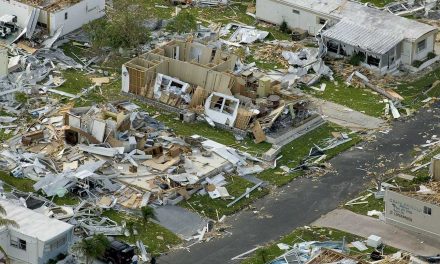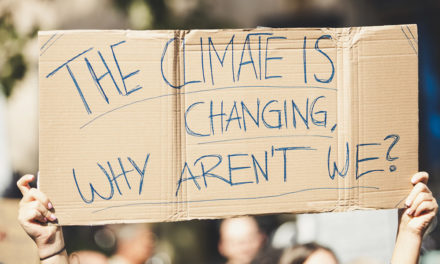As the poster animal for the climate crisis, polar bears have been on the receiving end of toxic human activity for quite some time. Photos of starving bears have dominated the internet for years, but a new study is bringing the harsh reality of the species into sharp focus.
The study, published in Nature, revealed that unless there are radical changes to the fight against global warming then nearly all populations of polar bears will become extinct by the end of the century.
As the Arctic, like the rest of the planet, warms significantly, the sea ice that polar bears rely on to hunt is slowly melting, forcing the species to travel far and long in hopes of sustenance. Experts believe that as the ice melts, so will the species survival with evidence to show that this is already occurring in some populations.
It is customary for polar bears to go months without food during the summer, so they rely heavily on the food hunted during the winter season. The study also touched on the timeframe for when populations could begin declining by modelling the energy use of polar bears to better understand their endurance levels.
According to the study, unless significant strides are made in combatting greenhouse gas emissions, polar bears will likely become extinct by 2100, save for a few populations in the North. However, it could be as early as 2040 when polar bear populations begin witnessing reproductive failure leading to the collapse of local communities.
READ MORE: Polar Bear Sighted in Siberian City for the First Time in 40 Years
There are currently only 26,000 polar bears left, spread across 19 populations in Norway, Canada, Alaska and Siberia. The species is listed as vulnerable to extinction on the International Union for the Conservation of Nature (IUCN). The study analysed 13 populations.
“The bottom line is very simple. If we continue greenhouse gas emissions the way we are doing, it is highly likely we are going to lose every polar bear population in the world before the end of the century, except perhaps in the very high north of the Arctic, in the Queen Elizabeth Islands,” said Péter Molnár from the University of Toronto, who helped conduct the study.
- This Artist is Making the Underwater Arena His Canvas - 28th April 2021
- A Video Game that Promotes Peace and Conflict Resolution - 15th March 2021
- Netflix’s ‘Living Undocumented’ is a Difficult Series to Watch, and Exactly Why We Should - 9th March 2021






